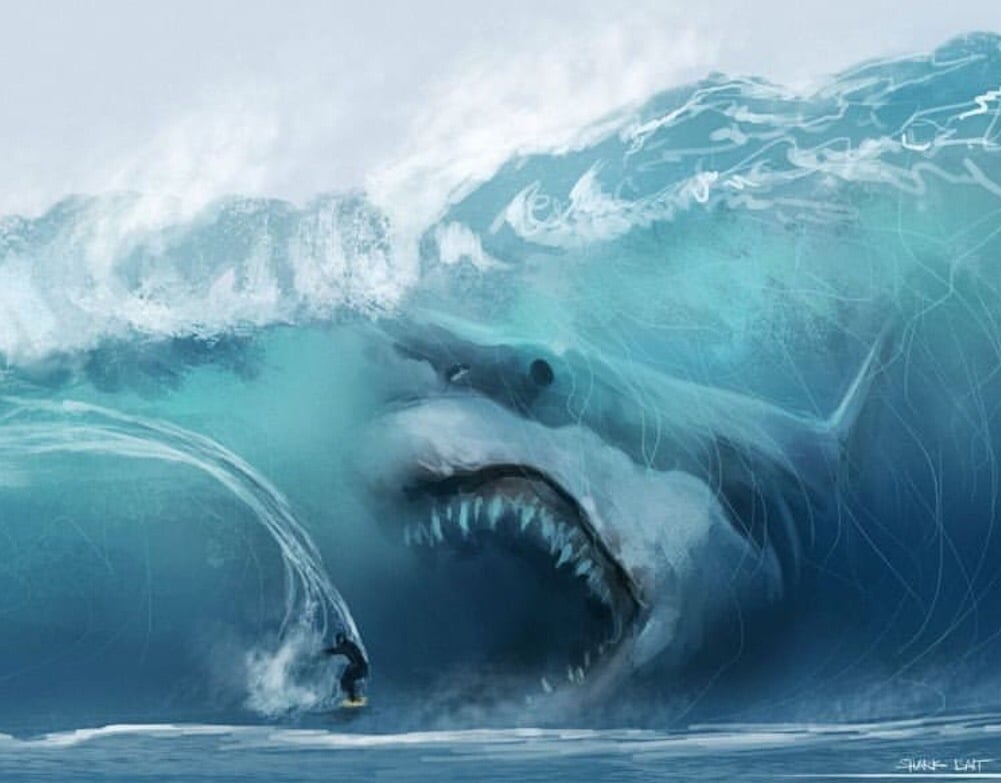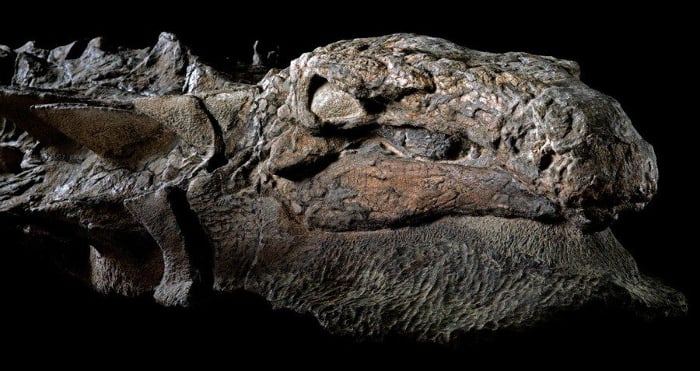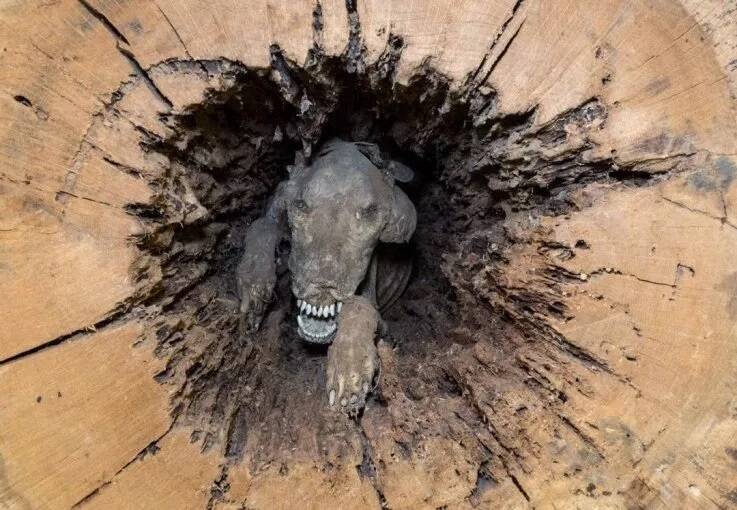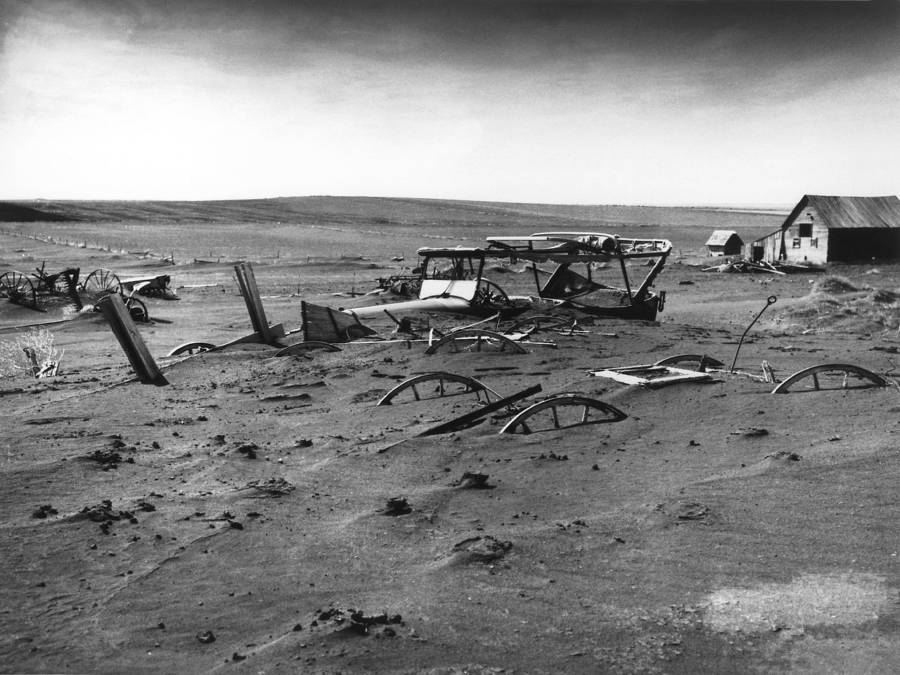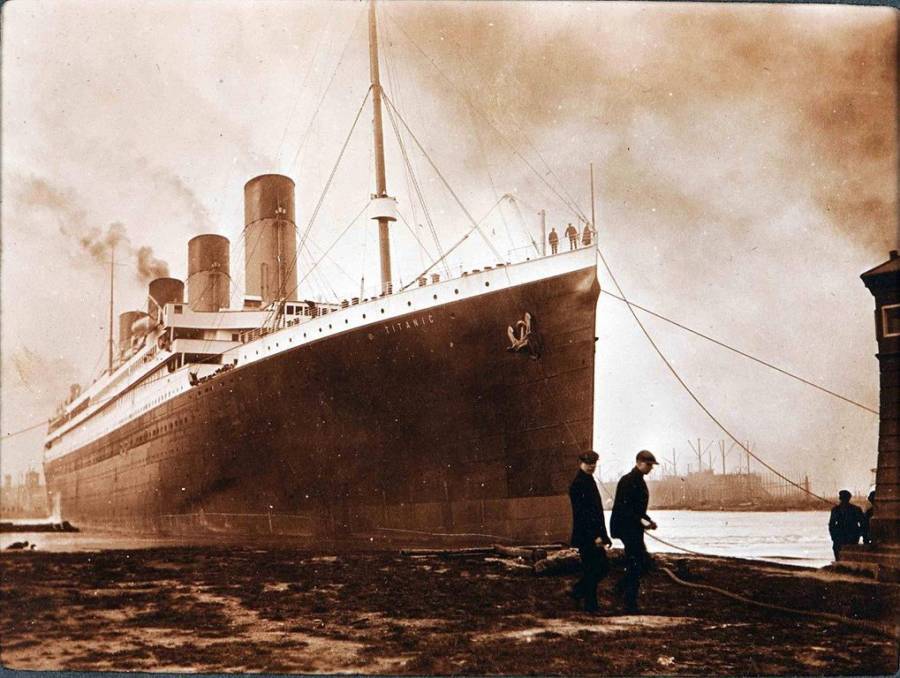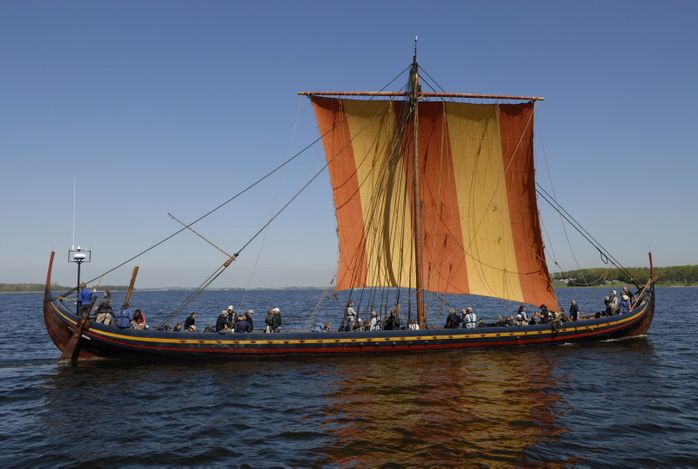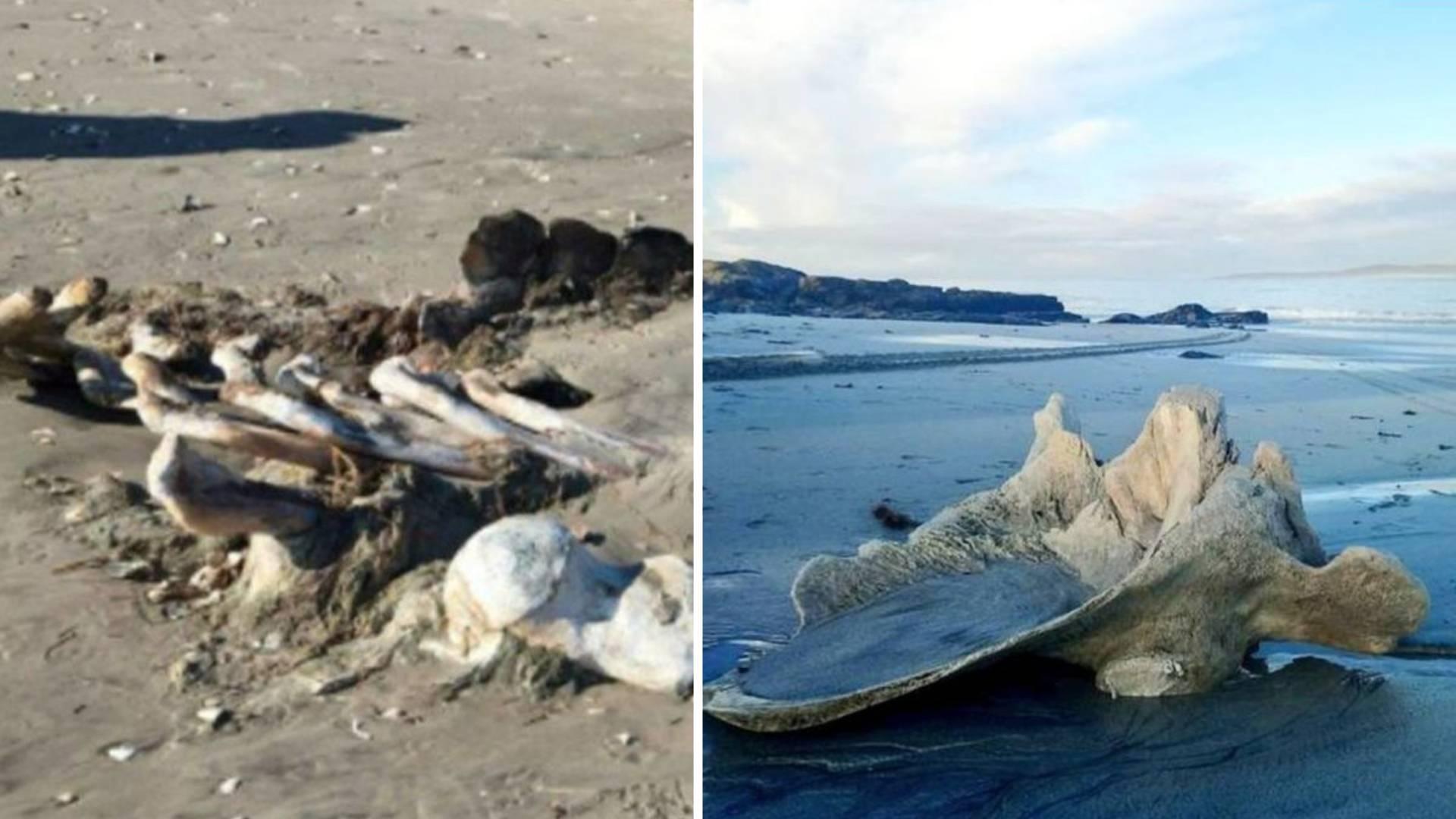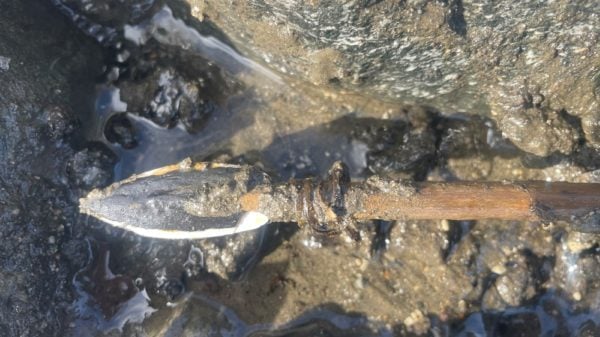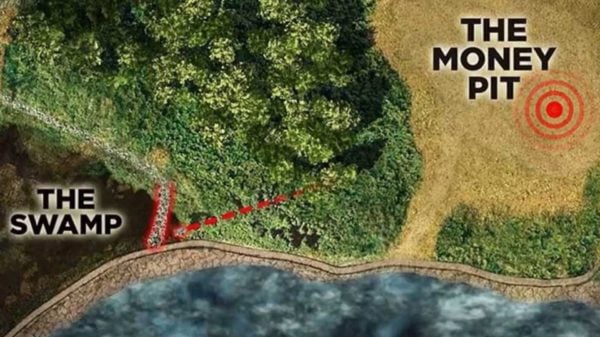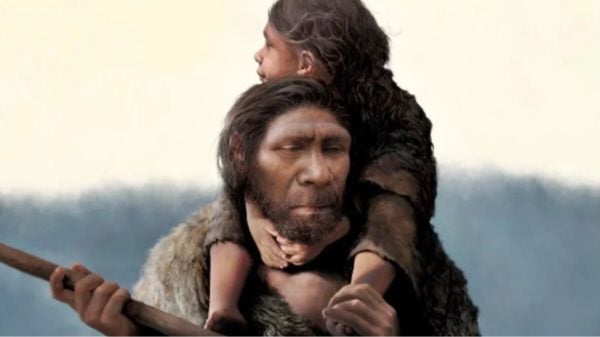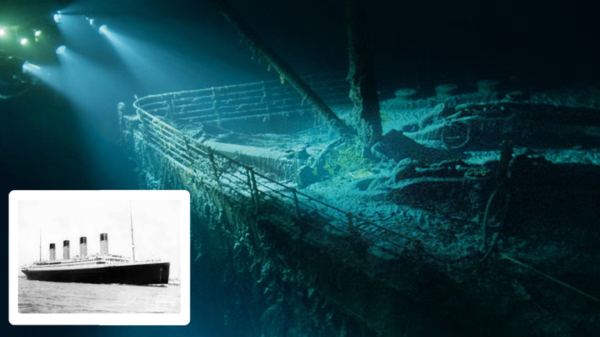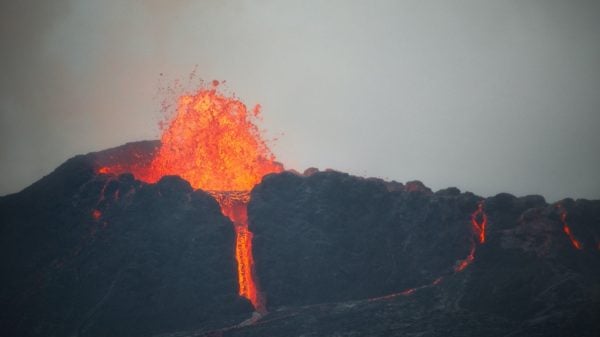Bones of dead whales are scattered across the beaches in the Islands of South Georgia. The population of these whales, which were captured and killed for their usable products, has declined sharply.
South Georgia is an island that rests about 800 miles away from the Falkland Islands in the Southeast direction. This island served as a major hub of whaling operations, evidenced by thousands of whale bones scattered across its beaches. But scientists have discovered another equally worrying concern.
Couple Takes a DNA Test For Fun, The Results Reveal a Distressing Truth
<iframe width=”100%” height=”100%” frameborder=”0″ allowfullscreen=”true” src=”https://www.youtube.com/embed/phMEQ3u9sT4?rel=0″></iframe>
Not too far away from the location of these bones are the notorious whaling stations. In these sites, different species of whales, which were captured from their natural habitat, were skinned for meat and blubber.
This practice which was especially rampant in the 20th century, has almost wiped out the world’s whale population. A statement from the Environmental Investigation Agency, a UK-based NGO concerned about exposing wildlife crime, read that over 2.9 million whales were exterminated by this practice.
It was in 1986, when the International Whaling Organization reached an agreement to ban commercial whaling, that the practice began to fade. Since then, there has been a slow but refreshing revival of the global whale population.
But this reformation came pretty late. Researchers from Oregon State University have discovered a major fallout of the whaling years.
Upon laboratory examination of the beached whale bones, it was found that whaling has significantly reduced the DNA diversity of the animals. This means that the wide range of different traits within the whale population has greatly diminished.
This discovery is cause for great concern as DNA diversity is crucial for the future survival of a class of animals. DNA diversity helps species to adjust to future changes in the environment.
The DNA losses were especially discovered in humpbacks, fin whales, and blue whales. The DNA information passed down generations of these animals which have been threatened include cultural memory, reproduction sites, and feeding locations.
According to Scott Baker, lead co-author of the study and associate director at Oregon State University’s Marine Mammal Institute, “For 60 years, the whales have been absent from the South Georgia feeding grounds, suggesting that cultural memory was lost.”
Angela Sremba, the lead author of the research group, throws more light on the danger. “A maternal lineage is often associated with an animal’s cultural memories such as feeding and breeding locations that are passed from one generation to the next.”
Sremba captured the most worrying part of the study in a few words. “If a maternal lineage is lost, that knowledge is likely also lost.”
A reduction in the variety of species also means that whales will practice inbreeding which is breeding between closely related species. This practice will limit the growth of the whale population by making them more susceptible to diseases and environmental hazards. As a result, many of these whales will pass away too early before having the chance to reproduce.
But the good news is: that now that we have identified the challenge, we are a step closer to a restoration. According to Sremba, this “work provides an opportunity to reconstruct the history of these whale populations and help us understand what was truly lost due to whaling activities.”








